In my view this has been a bad week for the business. First there was this:
Crime novelist RJ Ellory has just been forced to apologize for posting fulsome online reviews of his own books under false names - while damning those of rivals.
Ellory is ‘one of the most talented authors today.’ They’re not my words, they’re his. Writing as ‘Jelly Bean’ he described one of his own novels as ‘one of the most moving books I’ve ever read”. As ‘Nicodemus Jones’, he said his work was a “modern masterpiece”.
‘It will touch your soul,’ he added.
In this brave new world we have all been fumbling around for the line. I have been tempted to review my own books, too; after all, Walt Whitman did it and shamelessly. But I’ve always pulled back. Am I naïve? Maybe it’s a pride thing. Just could never bring myself to do it.
It’s one thing to write a blurb on the back of a book; it’s part of the job these days. But when you put your own blurb online and call it an impartial review, the water gets murky.
But when, like Mr Ellory, you start anonymously denigrating the work of ‘rival’ authors and calling it a review, you have definitely crossed a line.
Ellory says he regrets his ‘lapse of judgment’ - even though the lapse occurred over a four year period. I double checked in my Webster’s dictionary and I believe four years is too long for a lapse. After a certain period it starts to look like a vital character flaw.
Especially as there are many writers I know who won’t give anyone a bad review. Mirella Patzer, for instance, who runs a huge Historical review site and reviews books all the time says she would never critique a book unless she liked it. I admire that.
And I proudly belong to the WANA group of writers, who do nothing but encourage each other, and promote each other’s work. This is how it should be.
I just don’t get people who go on Amazon to post one star reviews. But I absolutely respect their right to do so, as long as it’s genuine.
But wait; this review thing gets worse. Glenn Starkey sent me this: Glenn’s a great guy and a straight shooter, (see his blog here) and he linked this because he thought I’d be shocked.
He was right.
Seems you can buy five star reviews. No problem. It will cost you a hundred bucks. For five hundred you can get twenty. A thousand will get you fifty.
Am I being naïve? Did you guys already know this?
Online reviews are now replacing marketing, advertising, even word of mouth. They are used for anything from resorts to restaurants.
It looks like the perfect egalitarian system, facilitated by the internet (that thing they don’t have in New York yet!)
After all, consumer reviews ‘give the illusion of truth.’ Except they are no longer the truth, or anything like it. They have now become just another commodity, written by a marketing department or a for-hire third party service.
Online reviews aren’t worth the paper they’re written on.
Now don’t get me wrong, as a reader I really like Amazon. They make it easy to buy booksin ways the old brick and mortar stores never did. But paid reviews are turning their review system into a farce.
Once this gets out, fellas, the bubble is going to burst, big time.
Here’s what I’m looking for these days, as a consumer, me and 7 billion other people: SOMEONE I CAN TRUST.
Why is it so damned hard??
You can’t blame people for playing the game. As one author said here: “Some of these review services will actually ensure your title is read by someone who likes your genre of books.”
In other words, you’re paying for positioning, like a publisher would if he wanted your book in a window display; only instead of paying Barnes and Noble and calling it advertising budget, you’re paying Tom, Dick and Harry and calling it a review.
After all, your marketing department might not have liked your book; the retail staff in the bookstore almost certainly never read it. So you could argue that it’s one form of lying replacing another. Only the author foots the bill instead of the publisher.
But what really irritated me in this article was John Locke. He never mentioned in “How I Sold One Million E-Books” that he bought several hundred reviews. Personally I think it’s relevant.
As Mr Locke says: “Reviews are the smallest piece of being successful,” he said. “But it’s a lot easier to buy them than cultivating an audience.”
The smallest part, John? Not at Amazon, where your achieved your success. They are a very, very large part.
It seems there’s a lot still to sort before publishing finds its new level, if it ever does. Whatever happens, I know no matter what goes down I am not going to be slagging off the so-called ‘competition.’ For one thing I don’t have competition; just fellow writers who love the craft and love books every bit as much as I do. They are always and invariably the funniest and most interesting people to get drunk with at writer’s festivals.
And for another thing I couldn’t sleep at night if I did.
To paraphrase Mr Ellroy, if I ever did that it would touch my soul. In a very negative way.
Finally, let’s not forget the poor readers in all this. All they want is to find a book they’ll like. And as this very funny video reminds us, this is what it’s all about at the end of the day.
This guy is just hilarious: don’t you ever interrupt Julian Smith when he’s reading a book
[youtube http://www.youtube.com/watch?v=BuRuwR2JSXI&w=560&h=315]




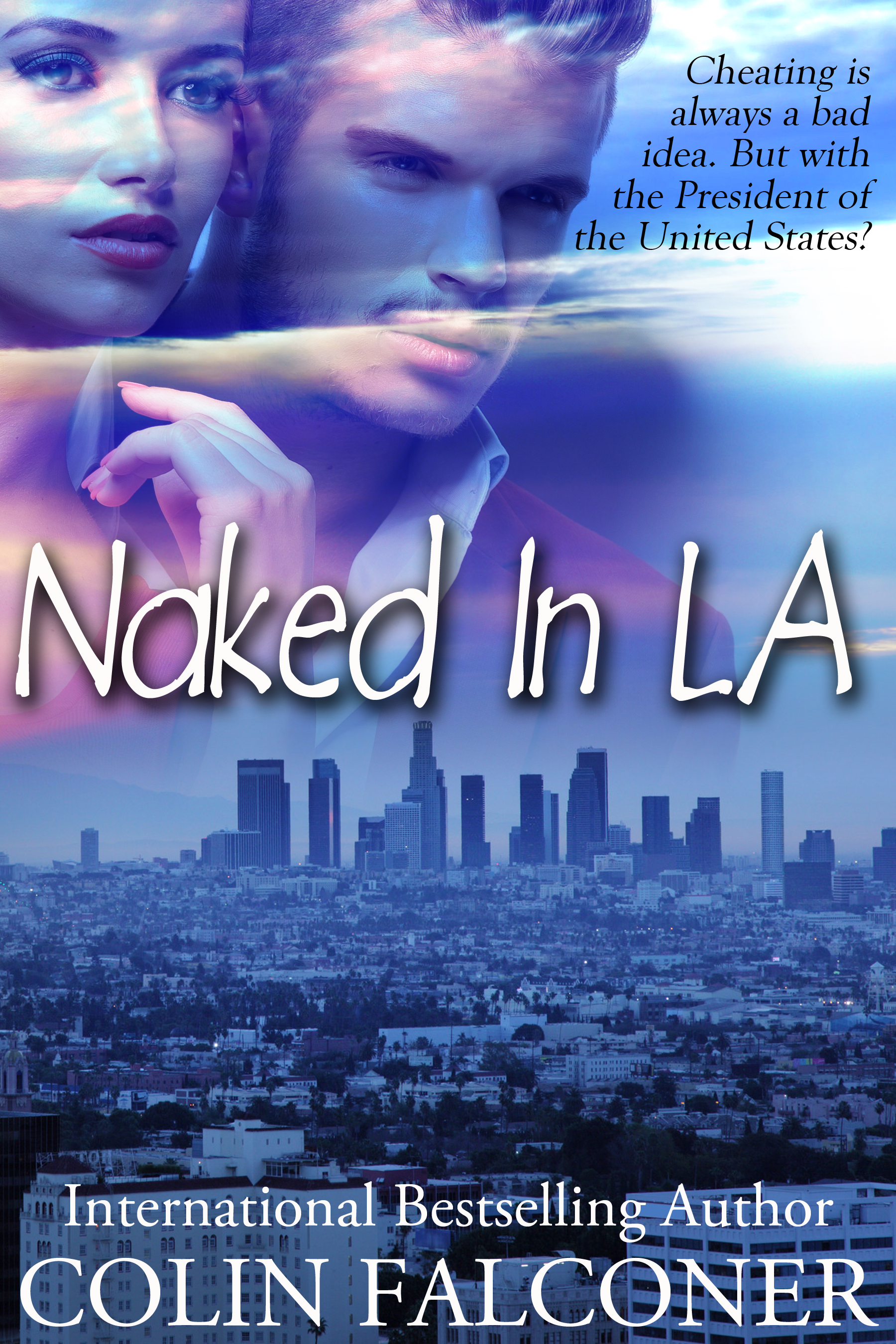
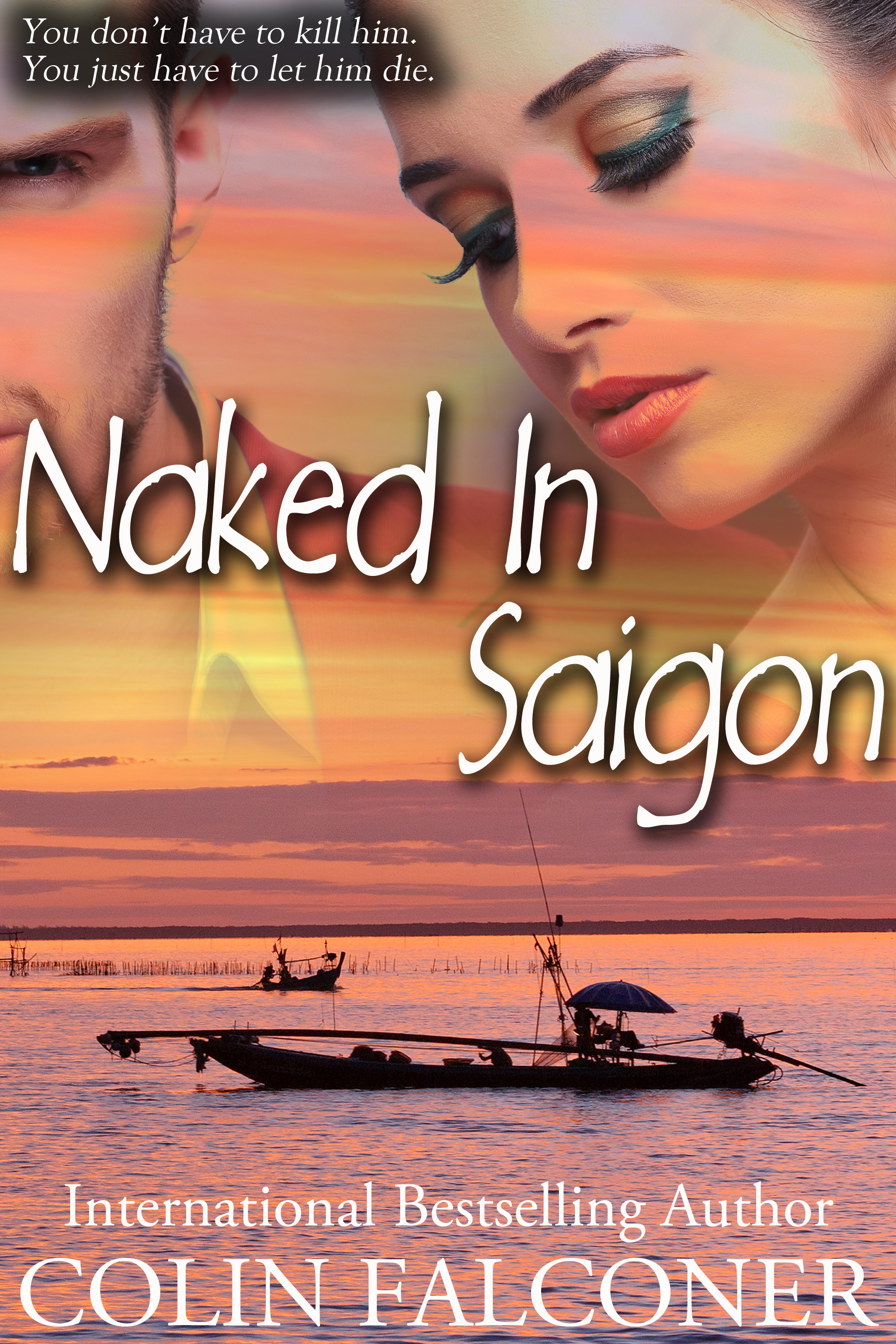
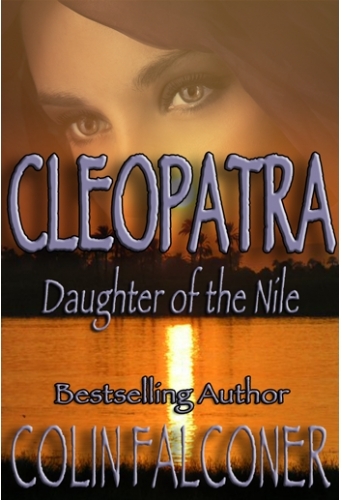













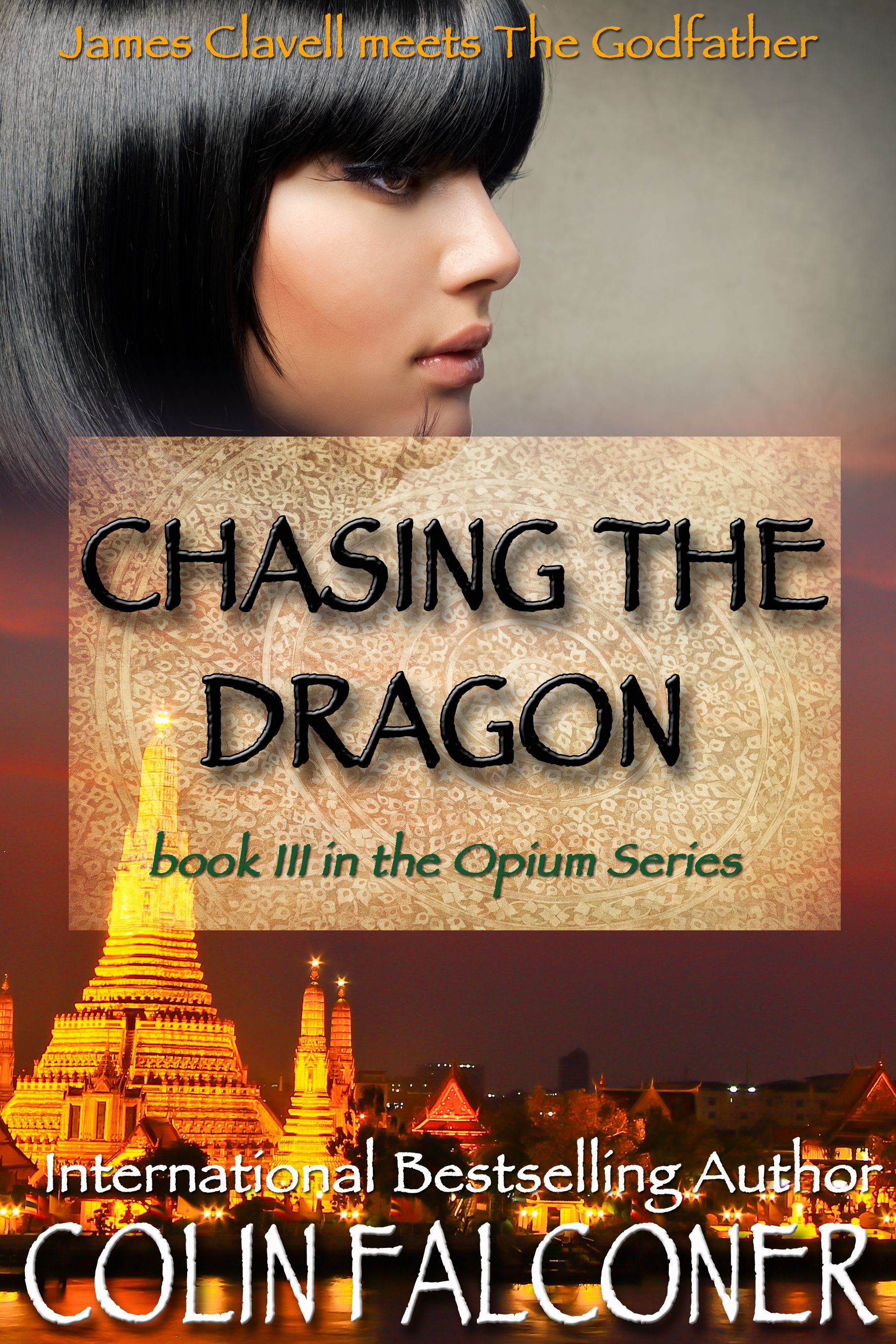
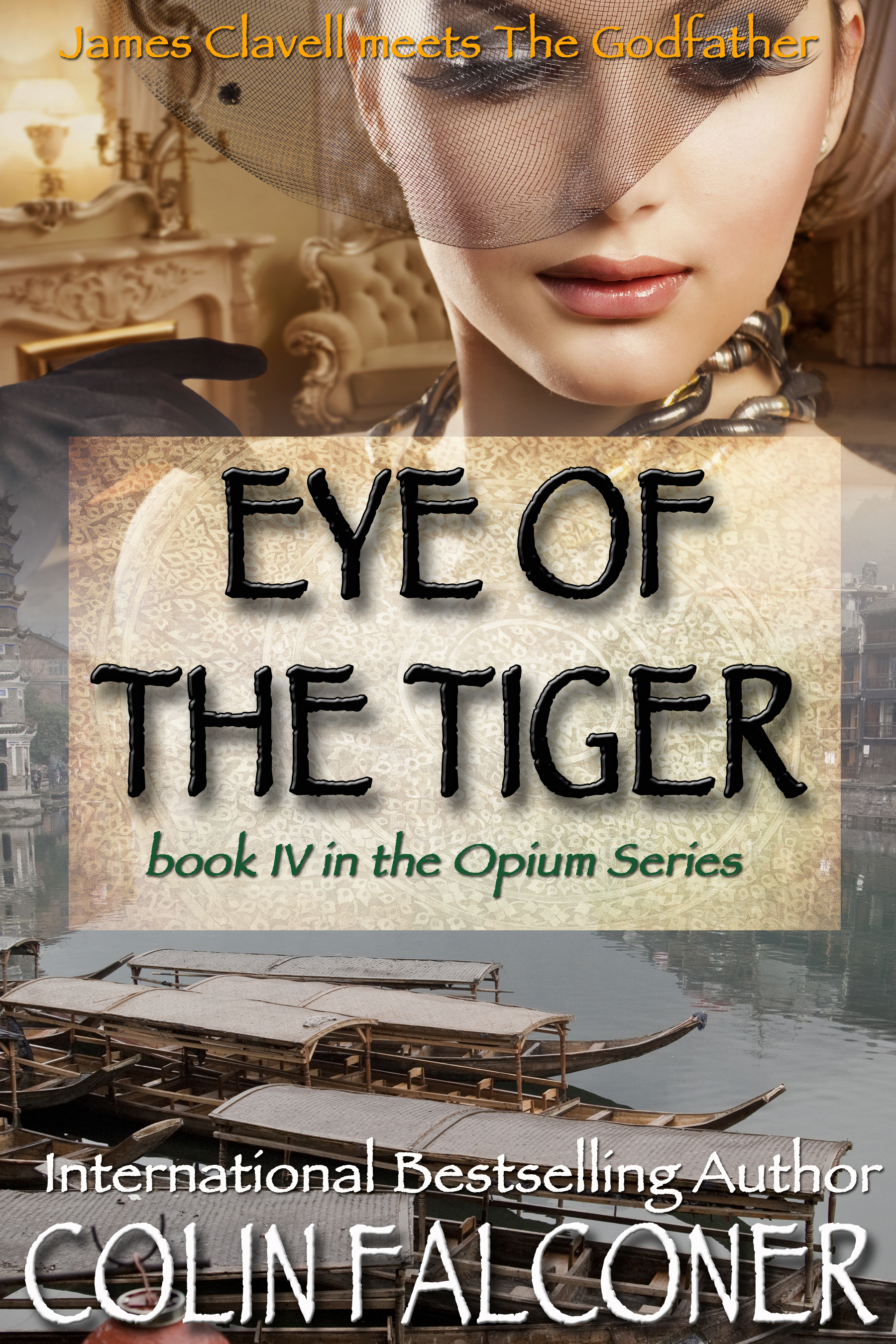
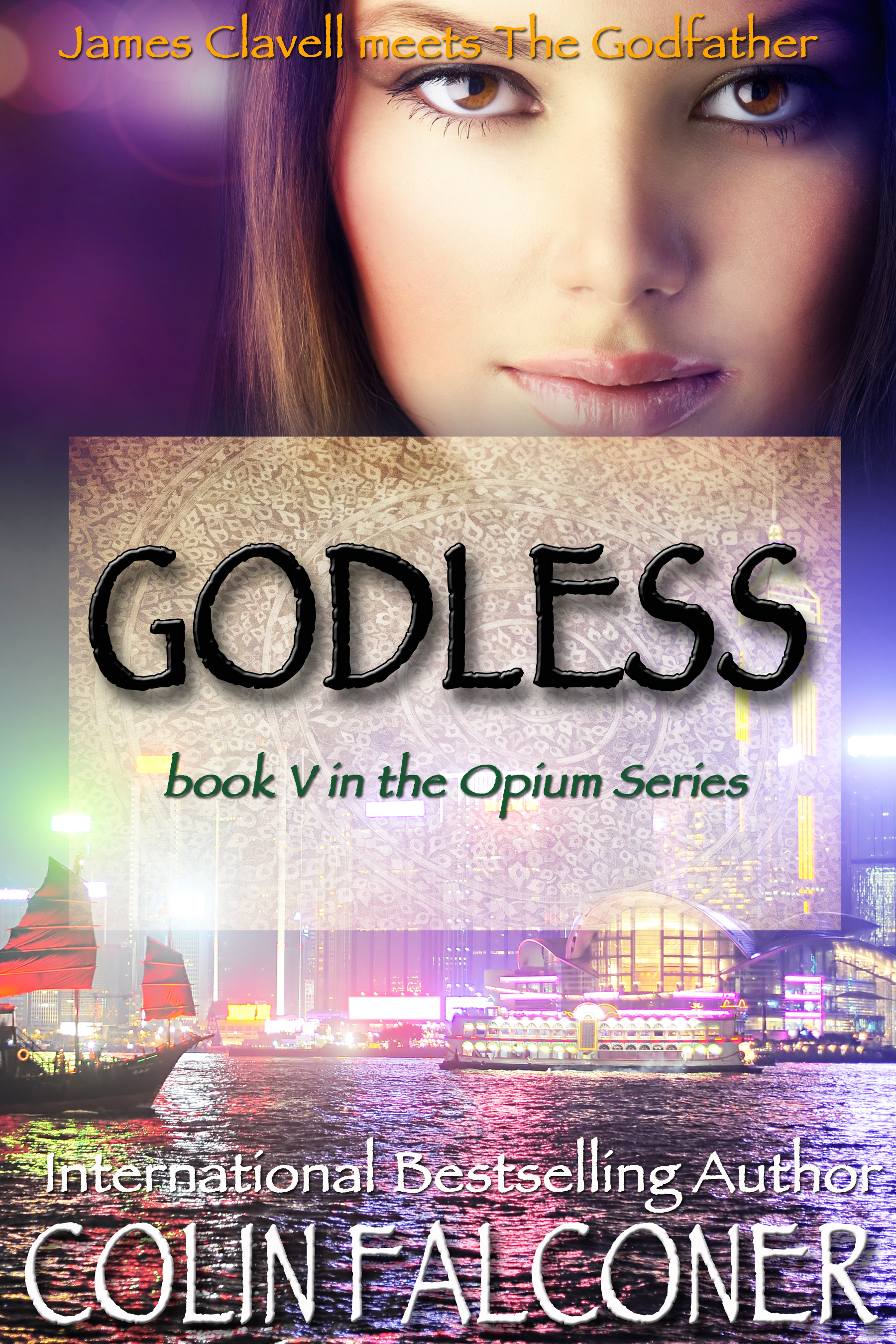
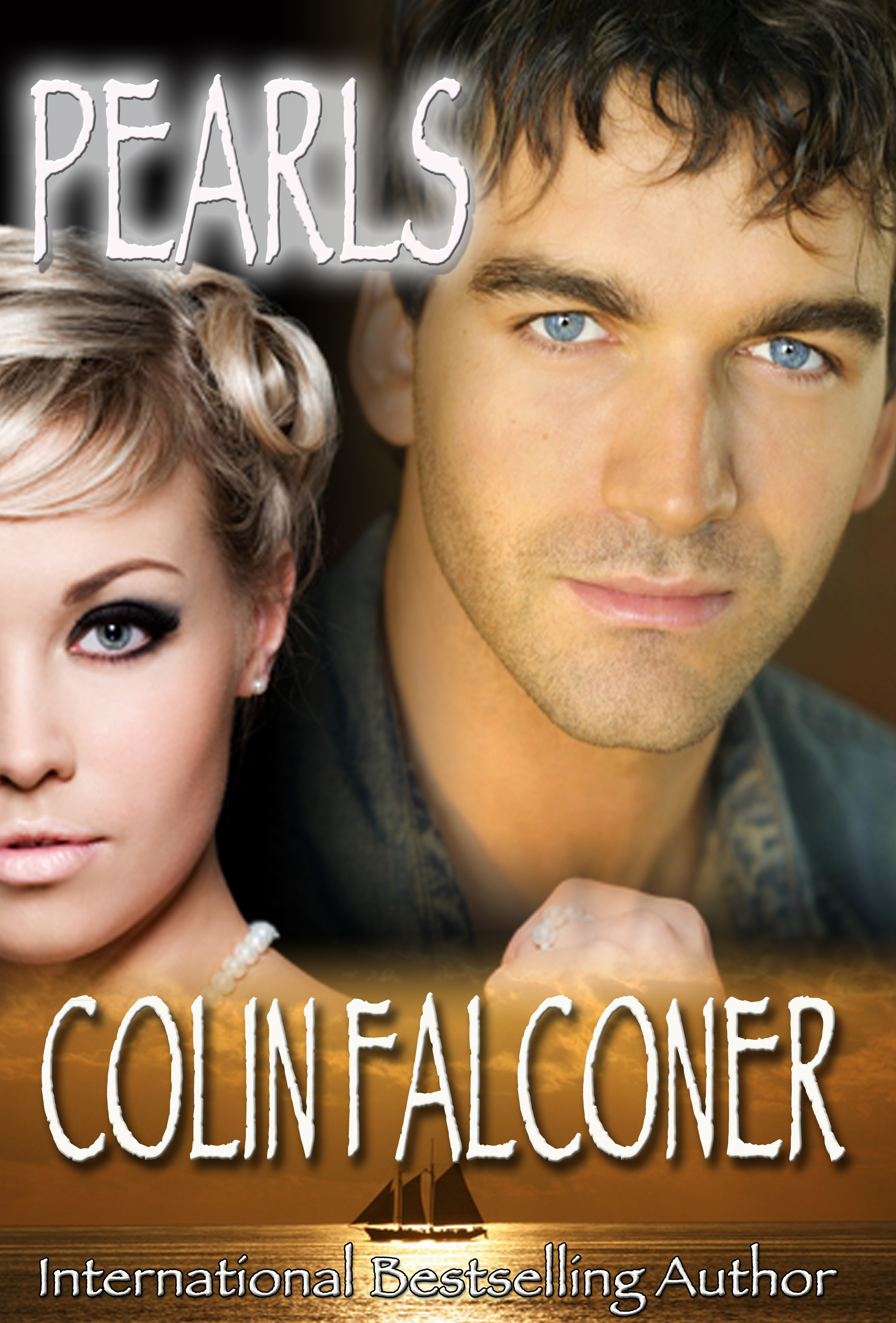




I have been a reviewer/blogger since 2009. I needed to have something to do as I could no longer work due to a disability. I love reading so what better way to share this passion for reading then reviewing books? I especially enjoy reading/reviewing an indie author. Not that other authors don’t work hard to get their books published. I just have a strong feeling about promoting a self published or indie author. I digress, I do apologize, but my point is, as a reviewer I think that what Mr. Ellory has done and what authors who pay for reviews have done is cheapen the hard work of an honest reviewer. Now how many people are going to actually want to read any reviews at all as they are not going to know who is honest and who isn’t. Then to trash another writers works…well that is another diatribe…thanks for posting this..
Dear Kathleen, This is an excellent point and one thing I should have mentioned. Mr Ellory and those who pay for reviews do cheapen those genuine reviews and the work of reviewers like yourself, for whom I have the utmost respect. I cut my teeth in publishing at a time when all I ever hoped for was an honest review. There was never any question of fear or favour. One of the articles quoted here reckons that now one third of online reviews are not honest. Of course that leaves 2/3 that are - and that’s a lot of reviews - but as you say, how will a reader know what is and what isn’t? It’s a massive problem and it’s going to get worse before it gets better. Thanks for making the point, Kathleen.
Colin, great post and good timing, too because I’ve been thinking about the review process lately. To me, paying someone to give you five-star reviews seems a little like false advertising. What if they don’t like it, they give you that raving review anyway? So basically, its “manipulating” the potential reader into thinking the book is good enough to purchase. And sometimes, it may very well be worth the reviews. But what if it isn’t? So now there’s a distrust for me as a consumer, wondering if that product is as good as the reviews say. Now it becomes more of a risk to buy that book. Yes, there is much to sort out on this subject.
I do agree with you about not having competition. In my opinion, readers are not a “one author” consumer. They want good books. And the more avid the reader, the more good books they want. So while they may have their favorite authors and will devour any book that author has written, they will look for more books by different authors while waiting for their favorites to publish another one. So to me, its not about buying my book (when its finished!) over another author’s book, but rather buying my book in addition to that other one.
Well that’s it exactly, Jennifer. The problem with the review service was that people were paying for five star reviews: not honest reviews. It creates mistrust through the whole industry. In the article, the guy who ran the service admits he doesn’t read reviews any more because he feels jaded!!! And yes, apart from the sheer bastardry of white-anting other authors, which is just low as a snake’s belly in my opinion, it doesn’t even make sense! Most readers read much more than a book a year anyway. But it’s just the whole idea of seeing other authors as rivals that makes me want to spit. But I bet London to a brick when you meet this guy he acts like he’s your mate. That creeps me out.
I couldn’t agree more with the content of this post and the other commenters above. What I have been reading about this week has absolutely appalled me. I have also been reviewing since 2009 and put my heart and soul into honestly reviewing each book that I post a review for. To see that people are buying “rave” reviews and that the customer is none the wiser is horrible. I think with blogs, if people have been reading certain ones long enough, you can begin to figure out who you can trust and who you can’t. After all, it really only takes one book that you read based on a “rave” review that you find isn’t nearly anything like it was pitched as to lead someone to stop trusting that review source. Thanks for posting this article.
Hi Heather, thanks for stopping by, and yes I’m familiar with Maidens Court and your reviews, so I would expect that you find this stuff really frustrating. Perhaps what Amazon need to do is run reviews only from trusted review sites, but of course there are far more books out there than reviewers with enough hours in the day to review them. But for genuine online reviewers, like yourself and Kathleen, this behavior borders on insulting. According to the article the average paid reviewer for companies like the one John Locke used spends 15 minutes on each book and does not get paid unless they give a five star rating. Anyway, keep up the good work, Heather.
Truly, it beats me how some of these folks sleep at night. I agree that a good and honest review is a gem to be treasured. I guess reviewers, like authors, must now promote themselves. Buy the reviews? Why not just pay the reader to read the stuff?
Kathleen, if you ever have the time and inclination to review one of my books I will happily supply a copy. After that we are both on our own. tee hee
This whole thing is such a quagmire. Who can you trust? How do you find an honest reviewer, mechanic, or plumber for that matter. Word of mouth and a recommendation from a friend. It seems you can’t trust anyone else.
Oh, and while I’m ranting, giving other authors one star reviews? Serious bad Karma. Folks, think of it this way, in the time it takes you to write and publish your next book I can probably read fifty or more. That means there’s lots of readers for everybody.
Okay, I’ll stop now. Colin, you sure hit a soft spot with this one. Well done.
Agreed Prudence, who can you trust? As we become increasingly saturated with spam and excessive advertising everywhere we turn, it’s becoming increasingly hard to find some kind of recommendation you can actually believe. It might be retro of me, but I think it would be good if the word ‘personal honour’ forced itself back into our everyday vocabulary as a quality we should all prize and aspire to. Now I’m wishing on a star!
I believe we both wished on that star, my friend. I guess we start with ourselves and hope to become the trendsetters.
There are a lot of legitimate reviewers out there like Kathleen and I am pleased to say that I would never even consider paying someone to review my books. I have reviews ranging from 1 - 5 stars and find myself a little suspicious of books that only have 5star ratings. Most of my favourite authors have a lot of bad reviews along with the good and personally, the bad reviews seem to attract my attention more. It is hard being an Indie author trying to promote your books and get readerst to give you a chance - but if they don’t like my books, I wouldn’t want them giving me a glowing review. What is the point in that?
Here’s a good example, Gladys: look up the Amazon ratings for WOLF HALL, for example, which won the 2010 Man Booker Prize and was an enormous best seller - see how many 1 star ratings it has! And the criticisms are fair - she does overuse the third person pronoun and it makes the book confusing among other things - (but it’s still one of my favourite books.) Anything with fifty 5 star ratings … I rekcon the fix is in!
What’s interesting about Locke is that supposedly, he didn’t pay for *positive* reviews, he just wanted reviews and didn’t care if they were positive or not. There is still something slimy about the practice even then. But for me, the worst of it is that it’s yet one more negative that indie authors have to deal with. Even though traditionally-published authors could do the same thing, people associate it with indies since that’s what the article focused on. For years, publishers have used similar sneaky tactics to propel books to the top of lists or get reviews, but seldom does anyone suspect them of manipulating readers.
I don’t review books unless I really like them. It’s just not worth my time otherwise, and why drag down another author? Yet now, I’m rethinking reviewing at all. Why bother if readers find anything 4- or - stars suspect?
Well that’s what Locke says, Jennette, but the fact is, that company would only give 5 star reviews, as the former director admits. So he’s being very economical with the truth when he says that. And you’re right, publishers have gamed the system in the past in other ways. But look where it got them! Amazon came along and people flocked there because they found the books they liked easier. It’s possible that that Amazon may have to fix this problem if they want to stay top of the indie pile, in their readers’ eyes.
You know, I used to work for a big company who gave out customer satisfaction surveys, and used them to gauge the job their employees did when customer facing. The scores were even used in their annual performance reviews, which impacted their raise. It shouldn’t have come as a surprise when one of my co-workers got caught giving himself a couple of glowing reviews. I can’t believe he was the only one. When the found out, he was given a final warning. Integrity was mentioned. And then the message changed to “It’s not about the score, but the customer experience. Learn what you can change to improve it and gain customer loyalty.”. They also removed it from performance appraisals.
It’s not just the writing industry. Lack of integrity seems to be more and more common. It’s sad, but true. And the poor people who behave with honor? They’re laughed at and thought to be fools.
‘Integrity was mentioned’. I like the way you put that! Yes, honor is not a word you hear used much anymore. I agree with you. It’s a real shame. Perhaps it’s time it made a comeback. Not just because it should for its own sake, but because it may be the only way we all find our way through the barrage of spam and marketing that we’re all drowning in.
The most shocking thing is that although RJ Ellory has been found out (by good detective work worthy of his genre) the reality is that there must be huge numbers of people who are still up to no good.
Some of these false reviews are inevitable. A couple of my friends were quick to write reviews which was great. But I soon realised they, though they were honest responses, they had less validity than the reviews of a stranger. In fact, I’ve decided never to ask my friends to write a review in case it’s seen to be self-serving. If they do, they do, but I won’t ask.
Your post and people’s comments suggest that, as always, where money and ego is concerned the crooked soon jump on the band wagon.
My guess is that readers will become much more savvy and be suspicious of reviews that are over-glowing. Especially if the reviewer only reviews one author, his or her best friend.
The other problem is weird reviews. I have a one star review because my book is only available as an e-book. I had to swallow hard and just think that it was a back-handed compliment.
Hi Martin, I think you’re absolutely right, I suspect Mr Ellory is the tip of a very stinky iceberg. And yes, you’re right, I think one-star for just being an e-Book is a backhanded compliment. But then, on the serious side, how many Amazon buyers will check the reason why it was a one-star review? That person has impacted on your opportunity to sell more of your book and acted thoroughly irresponsibly. Too many dimwits and too many crooks have too much power in the Amazon system while hardworking reviewers - there are a couple who have posted here today - are left biting the edge of their desks in frustration …
I’ve known for some time that many music labels and political non-fiction author brands buy their way to the top of bestseller lists. (More on this here: http://www.washingtonmonthly.com/archives/individual/2010_10/026173.php.) This incidence involving Ellory really shocked me. He’s a talented writer and such behaviors take away the respect readers have had for him. I read this morning that numerous literary organizations are putting ethical clauses in place, which I find wise.
I used to rely on Amazon reviews a great deal, but watched a film the other day that was literally one of the worst I’ve ever seen—yet had loads of 4-star reviews. Word of mouth, fantastic writing, intriguing stories and presentations by authors are bigger sellers for me. Gonna stick to that.
Well you’re dead right, August, the music industry is notorious for its dirty practices. At least we haven’t got around to shooting at each other yet, like Tupac and Notorious Big. But if Mr Ellory keeps on going this way, he may find himself at the wrong end of one of his murder stories. As you say it was completely unnecessary - how many awards does he need to satisfy his ego anyway? And what worries me is this - does he go to conventions and writers festivals and if he does how does he behave toward the authors he is white-anting? (Are you familiar with this Australian expression - a white ant is something you can’t see until it has finished eating your house.) Has he been smiling at his ‘competitors’ all this time and making out like he was their mate? As a fellow member of WANA I just find this whole trip astonishing.
Very sad. But yes, it’s been going on for a while. I’ve actually blogged about it as well but about a year ago. You didn’t miss anything by not knowing earlier Colin. No advantage to being dissappointed in the ethics of some fellow writers any earlier than you have to be.
My post if anyone is interested: http://www.sophieperinot.com/blog/2011/08/22/fake-on-line-reviews-hurt-readers-and-writers-alike/
Sophie, I never saw your blog post on this and if I had I would perhaps be considerably less shocked than I am. I’ve just read it, and it’s an excellent post and covering a lot of the ground I cover here - except Mr Ellory hadn’t been sprung at that stage. As you say, readers are being hurt. And when readers get hurt, then the industry is in trouble because it’s the readers that matter. ‘No legacy is so rich as honesty,’ indeed. Thanks Sophie.
This totally feels shady - but is what Locke did any different than giving away free copies for reviews? Maybe there’s a big difference and it’s a long weekend and my brain isn’t working. But is it just splitting hairs? I mean, I supposed he paid people to read his book which, I don’t know, smacks more of desperation and simple marketing than shady practices.
The difference as I see it here, Lisa, is that Locke was paying for guaranteed 5 star reviews. In the article the former director of the company is quite clear on that point and Locke knew it. Publishers and authors give away free copies for review all the time - common practice - but if that reviewer either lauds or savages your book - or doesn’t review it at all - then that’s up to them.
I kind of suspected this to be the case with today’s bestsellers. By my estimate it takes about 50 or so raving reviews and likes for the book to reach near top 100. An author could have let’s say 10 or so buddies with 10-20 sock puppet accounts. They all rave about the particular book, that attracts other to it, and the people flock like moths to a flame. But if the book wasn’t all that as it was praised, the bad reviews will eventually start coming. The problem is, most of the people are polite to review a badly written book. It goes to that ancient saying “If you have nothing nice to say, don’t say anything at all.”
I think you’ve got it in one. The system is open to flagrant abuse; the question is, just how prevalent is it. How can it ever be proved - that’s the worst of it. These guys bow have cast the whole integrity of our industry into doubt.
I have heard that some writers give reviews and blurbs without reading the material which makes me cringe. I have also seen writers ask for “favorable” reviews. What???
I used to post reviews a couple of years ago, Susie, and gave raving reviews to Wolf Hall, The Help, Poisonwood Bible - books I didn’t like I just didn’t review. The idea of money or favors being involved would never occur to me - I’m obviously just a babe in the woods. I can’t believe I’m saying this, but I think in this part of my life anyway, I’m an innocent. I concur - what???
We are both babes…
None of this had ever occurred to me either!
Great post, Colin! I’m with you…I couldn’t sleep at night. I have two reviews, for two different books, that offended me more than I can say. I sincerely thought they were legitimate…but based on what was written, I’m 99% sure the reviewers just skimmed a few pages, and didn’t actually read it. I’d rather have a 1-star HONEST review, than a 4 or 5-star from someone trying to pass themselves off as having read something they didn’t. Especially when it’s my books.
I will never pay someone to give me reviews. I might not have a lot, but I’m happy with the ones that trickle in. They’re good enough for me.
Do I pay much attention to reviews for other writers? Usually not. I go by the blurb, same as I do in a bookstore. The only time reviews matter to me is when I buy something like my electronic pressure cooker. If one brand has a habit of blowing up, or starting electrical fires…I want to know.
Hi Kristy, I do understand why people use sock puppet accounts or even pay for reviews - as someone pointed out earlier publishers manipulate the system to buy positioning. While a system is easily rorted, (do you have that word in the US - it means cheating), people will take advantage of it. But I think Locke and Ellory are shining examples of what can happen in this situation. The reader loses. Locke even wrote a book about how he sold all his books (which was awful, despite all its 5 star rankings - the light dawns!) and left out the most relevant part of it, so he cheated twice in my opinion.
I actually bought (and read) that book sometime last summer. I barely remember it, and just two points stand out after a year or so. Apparently there weren’t many points that resonated with me…and neither one of them involved paying for reviews. It would be like hiring paparazzi to follow you around for a day so you can be a fake celebrity (was it you who posted that video?).
Nope. I’ll muddle along being honest. If I’m really successful, fine. If not, I still wouldn’t resort to underhanded stunts like this. Hmm about ‘rorted.’ If we have it here, I don’t remember ever reading it. But that’s okay…cheating works, too…and there’s a whole lot of it going on in the publishing world.
At least when you hire the fake paparazzi, it’s kinda funny and unique and you’re not dissing someone else’s book! And I think muddling along being honest sounds like a plan to me, Kristy.
Great post, Colin. I’ve been following the furor and I admit that I’m divided. I have always known that the the big lists are as much about advertising and spending rates as anything. It’s certainly not an altruistic, completely neutral view of sales in a particular time period.
Buying reviews a la Locke also doesn’t surprise me. He’s in marketing/advertising and that’s part of the game. I read his book - there wasn’t much in there:- a blog once a month on a topic dear to his heart, tagged to specific groups? Hmmm, not so much.
And now this guy. My bet is that there are a whole lot more people out there doing the same thing. To me it’s no different than a tv advert of a pain med by an actor in a white coat with a stethoscope around his neck. Many, many people believe that’s a doctor and not an actor playing a doctor.
I also find it ironic that the 1 and 2 star reviews usually come out after a freebie on amazon. Almost as if to say it was free, therefore it’s worthless.
personally I won’t pay for a review. It seems pointless. But then I’m a person who rarely reads them on a book i’m thinking of buying. If I was going into a bookstore, I’d never look at the reviews of a book before I bought it. Before Amazon it was impossible to get reviews by ordinary people and I didn’t agree with the ones posted by the ‘experts’. So I did then what I do now: read the front few pages, the blurb and maybe the ending (yes, I’m one of those) and then decided.
Rather than reviews, being able to read a few pages is important to me.
thanks to all who take the time to post reviews. If a book moves me, I’ll post one - I know they matter to the rankings and sales and everything else to do with indie publishing. But only if I like it. If I don’t, I’ll pass. some things are better left unsaid.
I guess I”m just more cynical than most people. and now I’m off to work on a real book - not a comment on your blog
Wow Louise, you nearly did your daily word count here! Thank you. You’re right though, I think it is probably naive to not think that money will control any bestseller list to some extent. The ‘doctor’ in the white coat is a great analogy. Like you, I love the Amazon READ INSIDE feature and use it every single time. And I would echo your thanks to all those reviewers who do post reviews of books they like. And actually read the books!
Hey Colin, just found your blog on Twitter. Really interesting and well written post. I hope, as a reader and a writer, that the Amazon rating system doesn’t loose its relevance because it is helpful all the way around.
I saw an article about this phenomenon in the NY Times last week (I think) and the guy they profiled - who helped Locke - was basically shut down when Google found out about his business and refused to host his advertising.
(By the way, I read Locke’s book. He chalked most of his success up to viral blog posts, the first with the retrospectively unfortunate title of, ‘Why I Love Joe Paterno and my Mom’ - no joke. I couldn’t believe it when I found out he was paying for reviews and didn’t mention that. Seems like a pretty significant fact to leave out.)
I guess I’m a little torn about this (but not really). I mean, on one level, buying customer reviews makes more sense than paying Kirkus $400 for a write up that no one will take seriously anyway. But my hope is, in the end, good writing will continue to generate readers, and that for-pay reviews will a) have the ring of fraud, and b) end up being just so much ornamentation on the dungheap.
Hi Craig and you’re right about Kirkus - (and they don’t even guarantee a good review!) I guess at the end of the day you’d hope readers will get savvy to the star rankings as we mostly are to the fact that the doctor in the white coat on the TV selling us indigestion tablets is actually Joey dressed up as Doctor Jake Ramore. I think the article you mention is the same one I linked to her in the post - it’s been heavily reposted around the Net. Thanks for stopping by and commenting!
LOL. I love the music video.
As for the rest… it makes me sad, but not surprised, human nature being what it is. These authors might think they’re making smart business decisions when game the review system, but all they’re doing is eroding reader trust and showing their own desperation and insecurities.
Isn’t that a great video? I think perhaps I should repost it again later when I haven’t raised everyone’s hackles (including mine) quite so high!
Yes, I knew about it, read that article a couple of weeks ago. I mostly don’t waste time reviewing books I don’t enjoy because I’d have to finish them, unlike the reader on Goodreads who gave one of my books a one-star review on the basis of eight pages. This wouldn’t have happened before the days of so many “indie” authors. There were vanity presses, but you paid them to do your publicity. Now, it’s hard to sort the wheat from the chaff and so many blogs don’t review self-published books, so perhaps some folk get desperate. And there’s always someone out there ready to fill what they see as a niche market.
There’s a BIG difference between free review copies and paid-for good reviews. I don’t get paid for my reviewing, so a free copy is only fair, and publishers work it into their budget. But if you work for a magazine or newspaper, you do get paid for reviews, just not for doing a rave review.
Writing your own reviews must be tempting sometimes. Even I daydream about it, though I would never do that.
Front windows, wistful sigh! I got those twice in my career, both from bookshops that knew me as a teacher-librarian and wanted to be supportive.
Amazon’s review system is deeply flawed, Sue - but it’s only the readers that can change it when they get the idea that the reviews are neither fair nor impartial. Soon, I hope!
I don’t think it’s wrong to pay someone to review the book - in the sense you are only paying for their time to read the book. The remuneration should, of course, be disclosed by the reviewer (and I believe by law it’s required to be isclosed in the US, although don’t quote me on that). In this case, the reviewer isn’t promising a good review, they are only promising to take the time to read the book and write a review of some kind. This may be what John Locke did, although I’m not across the details of that
I do think it’s wrong to pay someone in return for guaranteed good reviews. That’s misleading, it’s false advertising, and it undermines the entire review system. In fact, you don’t even need to go so far as guaranteed good reviews for money to see the system has already been undermined - by autors who ask their friends and family and other members of their networks to write good reviews for them.
I won’t buy a book based on reviews anymore.
I agree Ciara, nothing wrong with paying for a review - Kirkus charge over four hundred dollars. But as the NY Times article states, the company Locke paid ONLY gave out five star reviews - he knew what he was getting. And that’s quite a different ball game. I think the only way it will change is when people start ignoring and dissing the Amazon review system - as you are - then they’ll change it.
I have a friend who had a friendship damaged by the expectation of another. A “writer” (and I put that in quotes for a reason) whipped off a book in a couple of months, self-published, and then asked her friends to write great reviews. My friend read the book, found it lacking in many ways, and told her friend that she couldn’t in good faith give her the review she wanted. The friend told her that she wasn’t a good friend and has separated from her. This attitude goes against everything I hold to be true about writing and writers and disturbs me so deeply. Thanks for this post Colin, although there is a part of me that wishes that I could keep my head in the sand and believe that others care as much about writing good books and publicizing them legitimately as I do.
It’s a bit like a real estate bubble at the moment - there’s a lot of property speculators in among those who settled on a place to live. People like your friend’s ‘writer friend’. Maybe soon they’ll move on to the Next Big Thing.
Thank you Colin for writing about this. There are inherent problems with reviews on Amazon and Goodreads these days. Good authors as well as good reviewers strive to build respect and integrity. I find many poor reviews are written when the reviewer hasn’t even read past the first page. It’s important that when we read a good or bad review that we also take the time to check the box where the review was helpful or not. It’s not much, but every little bit helps. And yes, I only review books I liked. It’s not worth my time otherwise. Books are a lot like food. It’s a matter of taste. It’s important to keep that in mind and do our best to treat authors and consumers fairly and with respect.
Well Mirella, I’ve been honored to have four really good online reviewers here commenting on this. It’s why I mentioned you in the post, as one of those reviewers who does put a lot of time and effort into reviewing books. And I think you hit the nail on the head - it’s a matter of treating both authors and readers with respect, and there’s not enough of that around at the moment.
I’m one of the reviewers for a website specialising in historical novels with LGBT protagonists. We have the reputation for marking hard so our rare 5 star reviews are cherished by the recipients. But then we are comparing like with like, marking on quality of writing, historical integrity, and also how much fun the book was to read. Amazon reviews are far more subjective, being mostly about fun. To avoid getting stung on Amazon I now only read the three or four star reviews. If a reviewer takes the trouble to write a review when only awarding a medium star rating they usually have something worthwhile to say.
Well that sounds like a plan, Elin. Unfortunately I think Amazon use five star ratings for their algorithms and these books get much higher visibility which is how they game the system. I suppose all bestseller lists are dishonest and always have been since long before Amazon came along. But this scam - and I’m sure it’s widespread now - is an insult to online reviewers who are actually reading books and giving fair and honest commentary.
Like my fellow book bloggers above, who also seem to have started in 2009 (a big year for book blogging it would seem), the practice of paying for reviews really worries me. Those of us who do this purely for the love of books and wanting to find new authors and works that we love may be hurt the most because there are people out there who will think we are not credible. I can hear the thoughts now, “She can’t possibly be doing this for free.” And I give a lot of 4 and 5 star reviews (not just on new releases though) so will this lead people to think that I’m being paid to give high star reviews. I hope not. I just love books and like that old saying goes, “I never met a man I didn’t like,” I’ve never met a book I didn’t like. Well, almost never.
As I’ve said to these other reviewers, Michelle, I have been following yourself and other historical fiction reviewers since 2010 and the high prominence now given to paid or manipulated reviews in the Amazon system is deeply worrying. I know there are some brilliant reviewers who never give bad reviews because they just don’t review books they don’t like - and that’s quite a different thing to only giving 5 star reviews for money.My hope is that more readers will become aware of the dishonesty of Amazon reviews and look to proper review sites to influence their choices. Naive of me??
Excellent post, Colin. I only found out about this myself a few weeks ago… though it doesn’t surprise me; the system is wide open to abuse. I think, eventually, this ridiculous Amazon star-rating system will go, as readers become more savvy in determining honest reviews from dishonest ones. I feel I can usually tell if a 5-star review is genuine or not, by looking at that person’s other reviews… if there are none, or if they are all for the same author, it’s probably been written by a friend, family or paid reviewer.
Thanks Liza, I’m sure I’ve been a little naive here, in not realizing how warped the system is. It’s why I think as many people as possible should realize the extent that the system has been gamed. I think your approach to it is pretty sound. But the problem is, Amazon use the number of five star reviews for their algorithms, which gets you placement in their system. I see that as a big problem at the moment.